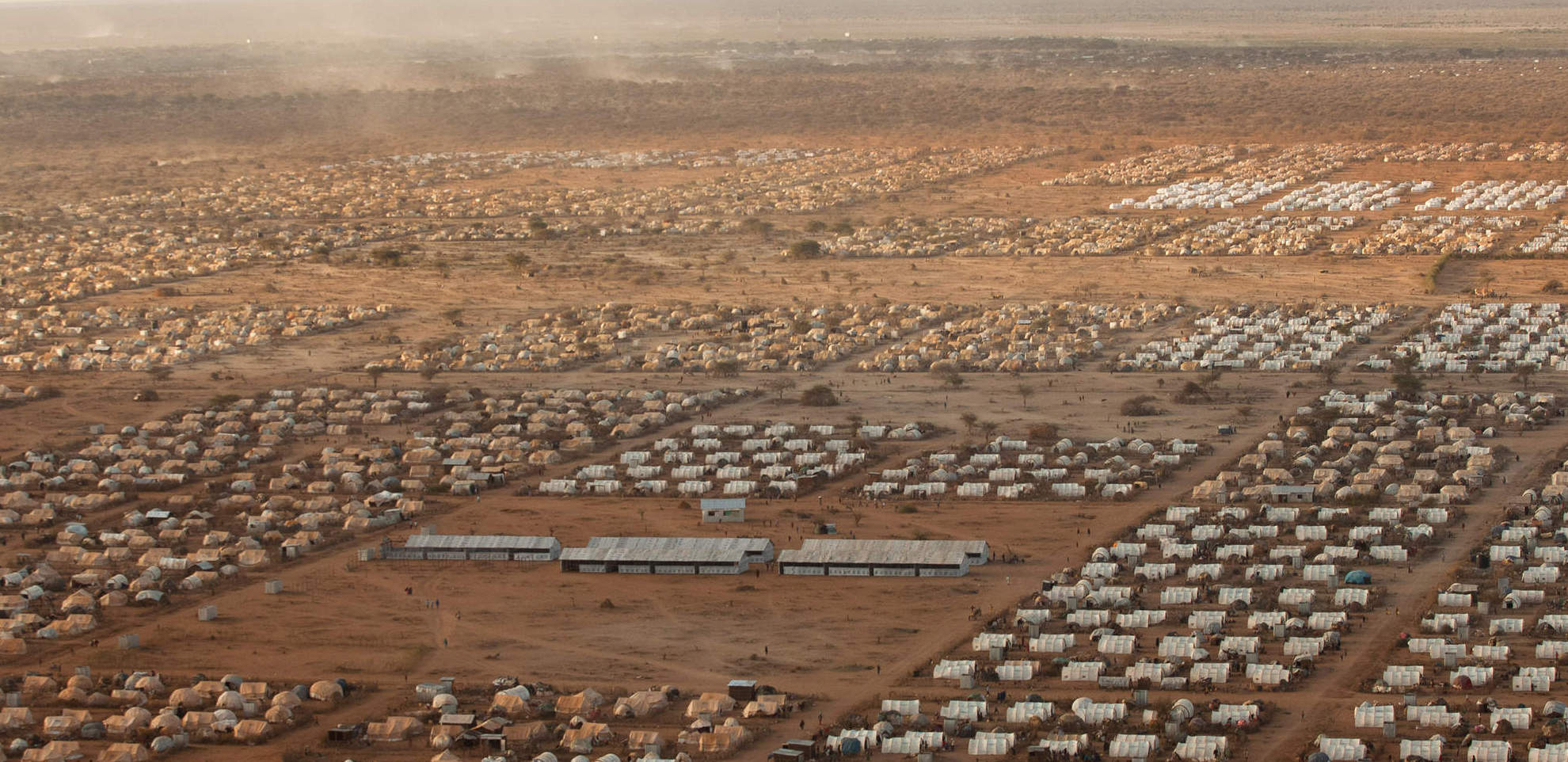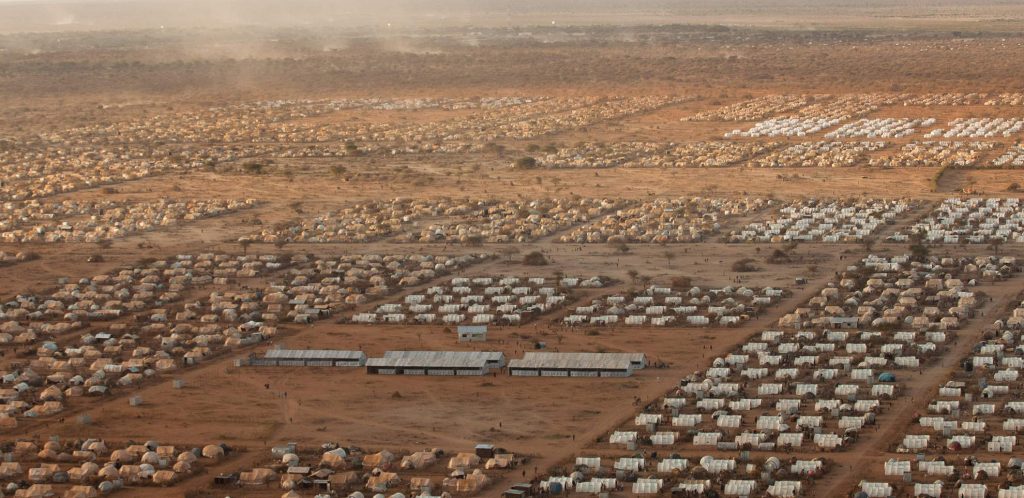
Wednesday, February 22, 4:30-6:30
Skylight Room, The Graduate Center
Sean Anderson (Associate Curator, Department of Architecture and Design, Museum of Modern Art, New York)
Keller Easterling (Professor, Yale School of Architecture)
Free Migration
Anooradha Siddiqi (Assistant Professor and Faculty Fellow, New York University; Affiliated Scholar, Centre for Studies in Social Sciences, Calcutta and the British Institute in Eastern Africa, Nairobi)
Field Notes for an Architectural History of Forced Migration
Response by David Joselit (Distinguished Professor, PhD Program in Art History, The Graduate Center)
This panel, which grows out the MoMA exhibition, “Insecurities: Tracing Displacement and Shelter,” curated by participant Sean Anderson will consider how ostensibly temporary refugee camps urbanize over time, and conversely how cities experiencing conflict fall into the condition of camps, or of informal settlements.

Sean Anderson is Associate Curator in the Department of Architecture and Design at the Museum of Modern Art. A Fellow of the American Academy in Rome and the Scuola Normale Superiore di Pisa, he has degrees in architectural design and architectural history from Cornell University, an MArch from Princeton University, and a Ph.D in art history from the University of California, Los Angeles. He has practiced as an architect and taught in Afghanistan, Australia, India, Italy, Morocco, Sri Lanka, and the U.A.E. His book Modern Architecture and its Representation in Colonial Eritrea was published by Routledge in 2015 and was shortlisted for the AIFC Bridge Prize in American Nonfiction.
Keller Easterling is an architect, writer and professor at Yale. Her most recent book, Extrastatecraft: The Power of Infrastructure Space (Verso, 2014), examines global infrastructure as a medium of polity. Another recent book, Subtraction (Sternberg, 2014), considers building removal or how to put the development machine into reverse. Other books include: Enduring Innocence: Global Architecture and its Political Masquerades (MIT, 2005) and Organization Space: Landscapes, Highways and Houses in America (MIT, 1999). Her research and writing was included in the 2014 Venice Biennale, and she lectures and exhibits internationally.
Anooradha Iyer Siddiqi is Assistant Professor and Faculty Fellow in the Gallatin School for Individualized Study at New York University, and affiliated with the Centre for Studies in Social Sciences, Calcutta, and the British Institute in Eastern Africa, Nairobi. Her historical and ethnographic research focuses on spatial politics, urbanisms, and modernist culture and discourses, with study based substantively in East Africa and South Asia. Her research is related to two separate book projects, Architecture of Humanitarianism: The Dadaab Refugee Camps and Emergency Urbanism in History, and Vocal Instruments: Minnette De Silva and an Asian Modern Architecture. She is the co-editor of the volume Spatial Violence. Siddiqi’s work has received support from the Fulbright Scholar Program, the American Institute of Indian Studies, the Social Science Research Council, the Graham Foundation, New York University, and the National Endowment for the Arts. She received a Ph.D. in the History of Art and Archaeology from the Institute of Fine Arts at New York University, and practiced architecture in Bangalore, Philadelphia, and New York.
The Camp and the City: A panel on Architectures of Refuge
Date: February 22, 2017
Time: 4:30 pm - 6:30 pm
Location: CUNY Graduate Center, Skylight Room
Address: 365 Fifth Avenue, New York 10016 (View Map)


